National Eating Disorders Awareness Week 2020
Eating disorders affect 20 million women and 10 million men in the United States. Research has shown that body image, poor self-esteem, dieting fads, and fat-shaming all contribute to the development of eating disorders not just in young girls but both men and women of all ages and social classes. Anorexia nervosa, binge eating disorder, and bulimia nervosa are the most well-known eating disorders. However, there are many other eating disorders, such as avoidant/restrictive food intake disorder (ARFID), pica, and other specified feeding or eating disorder (OSFED) that affect many individuals. Unfortunately, these other disorders are not as widely publicized.
Eating Disorders Awareness Week is a national campaign that takes place every year to raise awareness about eating disorders and provide resources for those who are curious about the disorders or who are interested in seeking treatment.
National Eating Disorder Association
This year’s National Eating Disorder Awareness Week is February 21th-March 1rd 2020, and is sponsored by the National Eating Disorder Association (NEDA). This year’s theme is “Come as You Are: Hindsight is 20/20”. The goal is to reflect on the positive steps taken towards accepting oneself and others. “Our culture has complicated relationships with food, exercise, and appearance. Thirty million Americans will struggle with a full-blown eating disorder, and millions more will battle food and body image issues that have many negative impacts on their lives. But because of stigma and old stereotypes, many people don’t get the support they deserve. Join the conversation and help us raise awareness, bust myths, get people screened, and start journeys to healing”.
NEDA is hosting multiple events across the United States, including awareness walks, legislative events, community center events, body image workshops, and educational events hosted at schools. Additionally, NEDA is promoting a huge social media campaign where anyone can get involved and ask questions, share their stories, and learn about eating disorders from other individuals.











